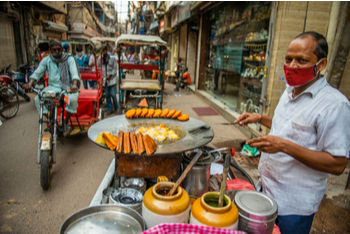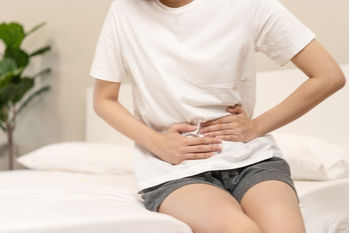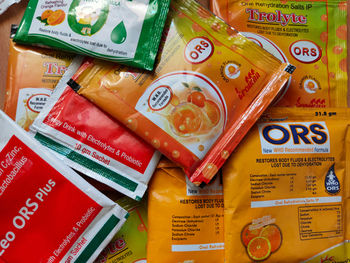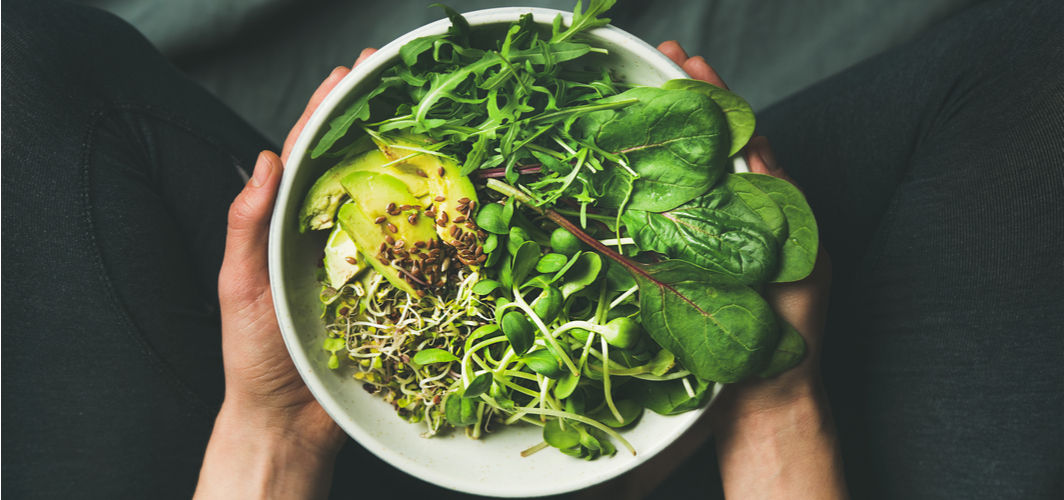Digestive Health
Proven Tips To Stay Safe From Diarrhoea During Monsoon
3 min read
By Apollo 24|7, Published on - 08 July 2022, Updated on - 24 May 2023
Share this article
0
2 likes

The monsoon rains have come as a welcome respite after an extended spell of scorching summer heat. However, the much-needed breather has coincided with the arrival of seasonal diarrhoea. The heavy rains following the dry period facilitate the growth of germs in the environment, thereby increasing the risk of water-borne diseases including diarrhoea. The article below lists the various risk factors of seasonal diarrhoea and proven measures to prevent the same.
Why does diarrhoea spread during monsoon?
The bacterial agents that cause diarrhoea during the monsoon season are usually transmitted through the faecal-oral route. This can happen when:
- You drink water contaminated with bacteria: Contamination may occur when the water container is not covered, or when contaminated hands come in direct contact with stored water.
- You eat outside food: Street vendors often use unclean and contaminated water for cooking purposes. They may also not follow proper hygiene practices while handling ingredients and cooking food.
- You eat food without properly washing or sanitizing your hands: The risk of contamination is especially high when you don’t wash your hands properly after handling or disposing of faecal matter.

What are the symptoms of monsoon diarrhoea?
If you have diarrhoea, you may experience the following symptoms:
- Abdominal pain and cramp
- Frequent watery faeces
- Nausea
- Vomiting
- Fever
However, sometimes, the affected person may experience:
- Blood or pus in faeces
- Pain while passing stool
- Reduced urination

How to prevent diarrhoea during monsoon?
Some of the proven tips and measures that can help you reduce your risk of diarrhoea during monsoon include:
- Drink clean and purified water.
- Wash your hands properly before you eat anything.
- Avoid eating fried street foods or sliced fruits as street vendors often use untreated and unclean water to wash or cook these foods.
- Wash and cook vegetables as well as fruits with proper care. Use vinegar-infused water to wash fruits and vegetables instead of just plain water.
- Avoid intake of raw or uncooked food. Similarly, avoid seafood and green leafy vegetables as they are more likely to be contaminated with diarrhoea-causing bacteria.
- Eat more probiotic foods such as yoghurt and buttermilk as they contain good bacteria. Probiotic foods can help improve digestion and support immune function.
- Avoid eating fried foods and refined sugar as it may cause acidity and inflammation in the gut, thereby allowing the bacteria to cause harm.
- If you have children in your family, ensure they are vaccinated against rotavirus, a contagious virus that causes severe diarrhoea in young children and infants.
- Drink plenty of water to flush out toxins from the body and improve digestion. Drink oral rehydration solution (ORS) to maintain electrolyte levels in the body.

Diarrhoea is one of the most common health issues that can affect people throughout the year. However, the pathogens responsible for the condition can flush into the environment and sources of water during the rainy season, increasing the risk for diarrhoea. Therefore, it is important to drink only clean, purified water and eat vegetables & fruits that have been washed properly. If you are suffering from monsoon diarrhoea,
Medically reviewed by Dr Sonia Bhatt.
Digestive Health
Leave Comment
Recommended for you

Digestive Health
Laser Treatment for Piles: Everything You Need To Know
Discover how laser treatment is transforming the management of piles, offering a less invasive and more effective solution without the need for surgery.

Digestive Health
Gastritis: What It Is and How It Is Treated
Gastritis is a common condition that is known to affect around half of the global population. It becomes more common as people get older.

Digestive Health
Suffering Frequent Acidic Burps? Get Checked For These Digestive issues
Read to know the possible reasons behind frequent acidic burping and the ways to deal with it.
Subscribe
Sign up for our free Health Library Daily Newsletter
Get doctor-approved health tips, news, and more.
Visual Stories

Hidden Health Benefits in a Bowl of Salad
Tap to continue exploring
Recommended for you

Digestive Health
Laser Treatment for Piles: Everything You Need To Know
Discover how laser treatment is transforming the management of piles, offering a less invasive and more effective solution without the need for surgery.

Digestive Health
Gastritis: What It Is and How It Is Treated
Gastritis is a common condition that is known to affect around half of the global population. It becomes more common as people get older.

Digestive Health
Suffering Frequent Acidic Burps? Get Checked For These Digestive issues
Read to know the possible reasons behind frequent acidic burping and the ways to deal with it.